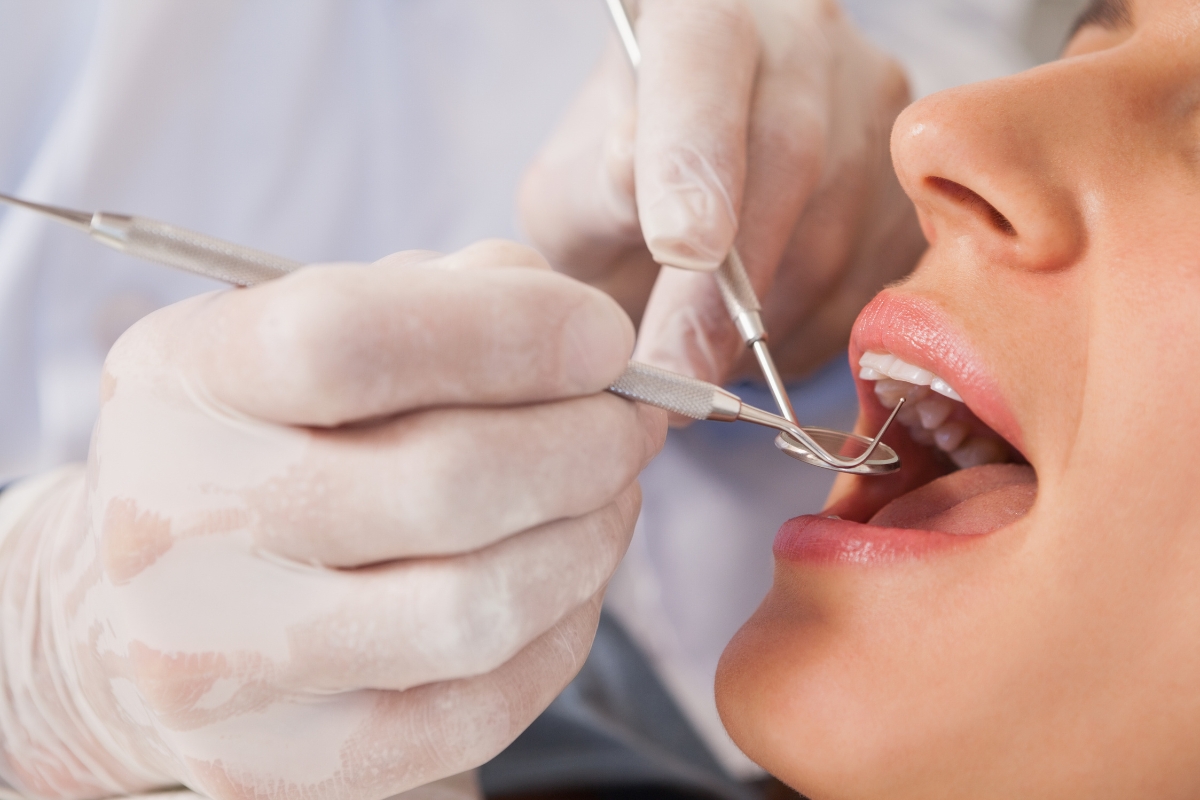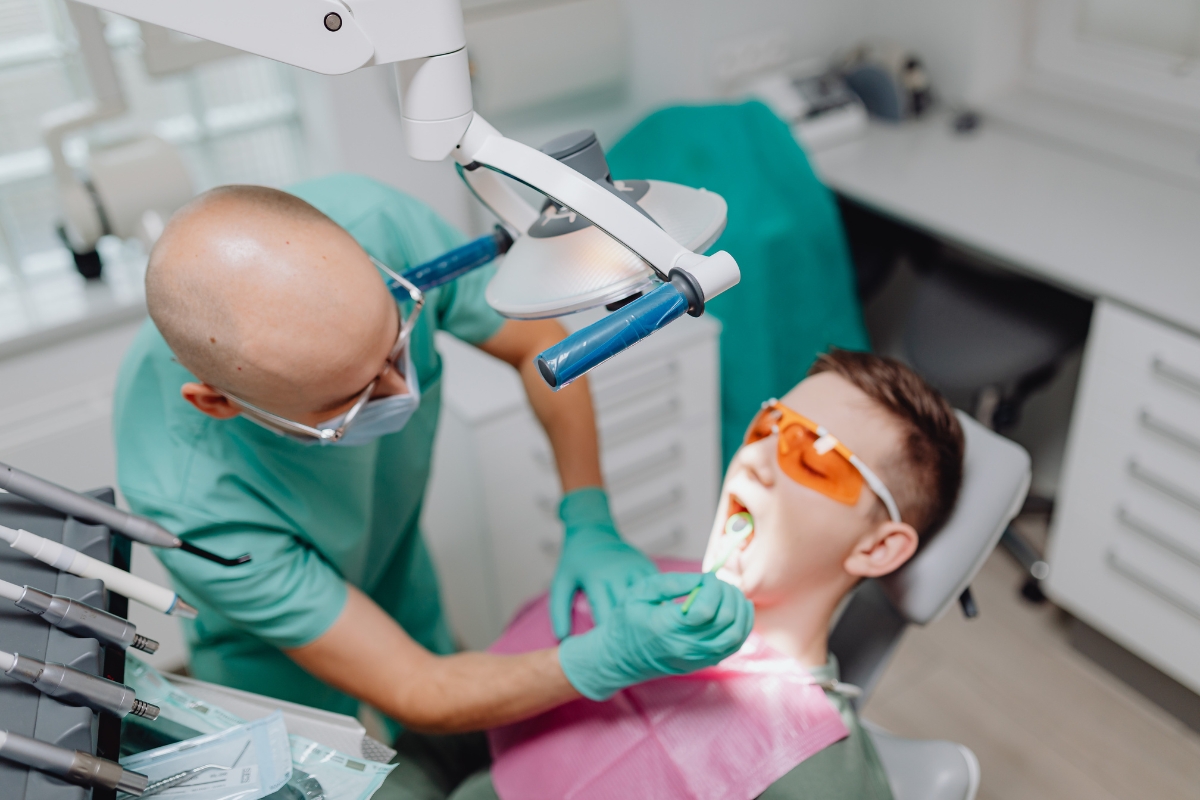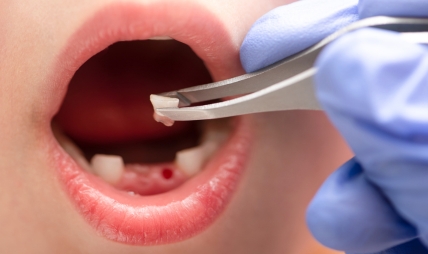8092 Edwin Raynor Blvd # D, Pasadena, MD 21122

Many people ignore the early signs of a rotten tooth, thinking it’s just a minor inconvenience. However, the reality is far more serious. A decaying tooth doesn’t just affect your smile; it can spiral into a cascade of painful, even dangerous, health problems if left untreated.
Imagine waking up one morning with excruciating pain that makes eating, talking, or even thinking unbearable. This is just the beginning. Ignoring a rotten tooth can lead to infections that don’t just stay in your mouth—they can spread throughout your body, affecting your heart, lungs, and beyond.
The consequences of neglecting a decaying tooth go far beyond discomfort. They can severely impact your overall health and well-being. So, before that nagging toothache turns into a serious health issue, let’s explore why getting that tooth treated—or extracted—isn’t just a good idea; it’s essential for your health.
What Causes a Tooth to Rot?
Tooth decay starts with the breakdown of enamel, often due to poor oral hygiene, frequent consumption of sugary foods, or acidic drinks. Plaque, a sticky film of bacteria, forms on your teeth, producing acids that erode the enamel. Over time, this erosion can lead to cavities, which, if untreated, can cause the tooth to rot.
Here’s how tooth decay progresses:
- Stage 1: Enamel Erosion – The acid from plaque begins to wear down the enamel.
- Stage 2: Dentin Decay – Once the enamel is compromised, decay can quickly spread to the softer dentin underneath.
- Stage 3: Pulp Infection – If decay reaches the pulp, the tooth’s inner core, it can cause severe pain and infection.
Understanding these stages can help you recognize the signs of tooth decay early, allowing for prompt treatment and prevention of further damage.
Immediate Consequences of Ignoring a Rotten Tooth
Ignoring a rotten tooth can lead to immediate and painful consequences. The first sign is usually severe, throbbing pain that makes eating and talking difficult. This pain occurs because the decay has likely reached the pulp, causing an infection.
Key consequences include:
- Tooth Abscess – An abscess forms as the infection spreads to the surrounding tissues, causing swelling and pus buildup.
- Tooth Loss – The decayed tooth may become loose and eventually fall out, leading to gaps and potential misalignment of other teeth.
- Systemic Infection – The infection can spread beyond the tooth, causing serious health issues like fever, swelling, and in extreme cases, sepsis.
Addressing a rotten tooth early can prevent these painful and dangerous outcomes. If left untreated, you may need more invasive procedures such as a root canal or tooth extractions to manage the damage.
Long-Term Health Risks
The risks of ignoring a rotten tooth extend beyond immediate pain and discomfort. Over time, the decay and infection can lead to more severe health complications. One significant risk is the spread of infection to other parts of your body.
Consider these long-term health risks:
- Cardiovascular Problems – Chronic dental infections can increase the risk of heart disease and stroke by causing inflammation and bacterial spread.
- Diabetes Complications – Poor oral health can worsen diabetes by affecting blood sugar control.
- Weakened Immune System – A constant source of infection in your mouth can strain your immune system, making you more vulnerable to other illnesses.
Maintaining regular dental check-ups and addressing tooth decay early is essential for preventing these serious health issues. Neglecting a rotten tooth doesn’t just affect your mouth—it impacts your entire body.
Treatment Options: From Fillings to Extractions
Treating a rotten tooth depends on the extent of decay. If caught early, a filling might suffice to restore the tooth and prevent further decay. However, advanced decay that reaches the pulp may require a more extensive procedure like a root canal.
Here’s a breakdown of treatment options:
- Fillings – Used to repair minor cavities by filling the decayed area with a durable material.
- Root Canal – Necessary when the decay reaches the tooth’s pulp, involving the removal of infected tissue and sealing the tooth.
- Tooth Extractions – In cases where the tooth is too damaged to save, extraction becomes the best option to prevent the spread of infection.
After an extraction, your dentist may recommend dental implants or bridges to replace the missing tooth and maintain alignment. Discuss your options with your dentist to determine the best course of action based on your condition.
The Role of Prevention: Regular Dental Check-Ups
Preventing a rotten tooth is easier and less costly than treating one. The most effective way to avoid severe decay is through regular dental check-ups and maintaining a solid oral hygiene routine. This proactive approach can catch early signs of decay before they become serious.
To prevent tooth decay:
- Brush Twice Daily – Use fluoride toothpaste to strengthen enamel and reduce plaque buildup.
- Floss Daily – Remove food particles and plaque between teeth where your brush can’t reach.
- Limit Sugary Foods and Drinks – Reducing sugar intake helps minimize plaque formation and acid production.
Regular dental check-ups also allow your dentist to perform professional cleanings and spot early signs of decay. By catching problems early, you can avoid the need for more invasive treatments and maintain better oral health.
When to Seek Immediate Help?
While regular check-ups are vital, there are times when you need to seek immediate dental care. Severe pain, swelling, fever, or difficulty swallowing can indicate a serious infection that requires urgent attention.
Key signs to watch for:
- Intense Toothache – Persistent pain that doesn’t go away with over-the-counter pain relief.
- Facial Swelling – Swelling around the affected tooth or in the jaw, indicating a spreading infection.
- Difficulty Breathing or Swallowing – These symptoms suggest that the infection may be spreading and require emergency care.
Ignoring a rotten tooth can lead to severe pain, infections, and long-term health risks. Timely intervention, whether through fillings, root canals, or extractions, is crucial to prevent complications. Prioritizing regular dental check-ups and a strong oral hygiene routine can help you avoid the dangers of untreated tooth decay. Don’t wait until it’s too late—take proactive steps to protect your oral health and overall well-being by addressing any signs of tooth decay early.
New Patients & Emergency
Appointments Welcome!
New Patients & Emergency
Appointments Welcome!




